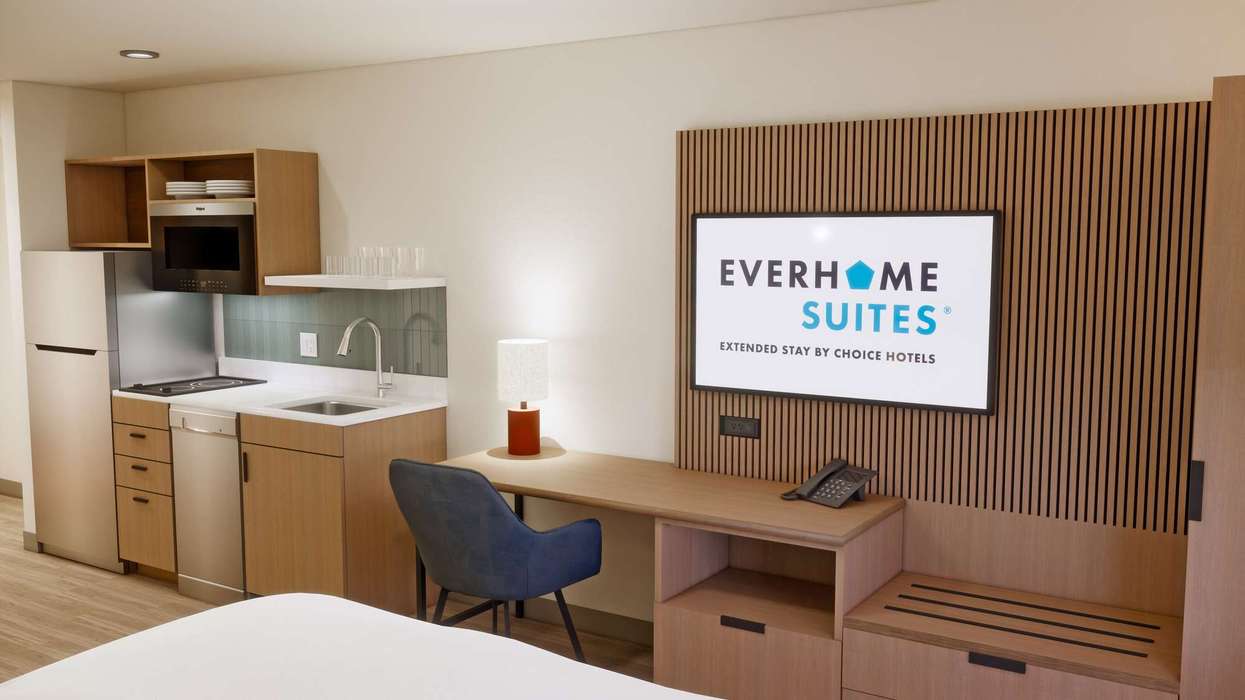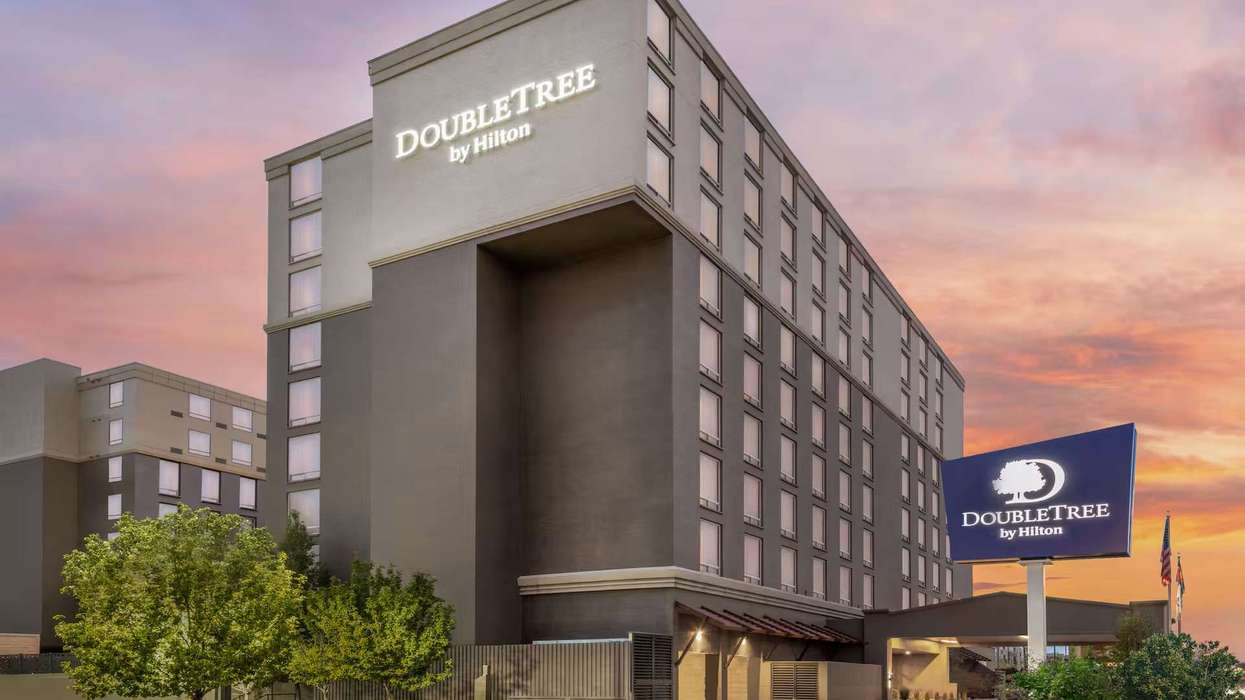SEVERAL DIFFERENT PROGRAMS have been enacted at the federal and state levels that offer coronavirus relief to eligible taxpayers, including hotels, according to advisory, assurance and tax firm CohnReznick. From the Paycheck Protection Program to various tax credits and deferments, the firm lists advice on a variety of assistance programs.
On April 24, the U.S. government passed a new $484 billion stimulus package that included $310 billion in new funding for the PPP and another $60 billion for its Economic Injury Disaster Loan (EIDL) program. The initial $349 billion in funding for the PPP was exhausted in just under two weeks as the SBA reported processing more than 1.6 million loans during that time, and debate has begun on a fourth stimulus bill, the Heroes Act.
Paycheck Protection Program
The PPP is designed to help small businesses with fewer than 500 employees fund their payrolls for up to eight weeks, including benefits. The funds also can be used to pay mortgage interest, rent, and utilities. The maximum loan amount for each qualifying business is the lesser amount of 2.5 times the average monthly payroll costs during a specific period, 2019 for most, or $10 million.
Hotels and franchises are waived from the SBA’s current affiliation rules within certain criteria, and a PPP loan may ultimately be fully or partially forgiven if a hotel uses the loan to continue paying salaries and benefits to employees and other costs such as rent (subject to specific rules limiting forgiveness amounts by expense type).
On May 15, the Small Business Administration released its PPP Loan Forgiveness Application, which the small business borrower must complete and submit to their bank or lender from whom they received PPP funds. The lender has 60 days to issue a decision on the submitted application once it is completed and filed.
Economic Injury Disaster Loans
The EIDL program provides small businesses with up to $2 million in coronavirus-related economic relief in certain states and territories. The loans are available to small businesses and private non-profit organizations to provide working capital and ease economic injury due to a temporary loss of revenue. Funds can be used to pay fixed debts, payroll, accounts payable, and other bills. There are specific rules to follow if applying for both EIDL and PPP loans.
The interest rate for these SBA loans is 3.75 percent for small businesses and 2.75 percent for non-profits. Loan conditions are determined on a case-by-case basis with repayment terms of up to 30 years.
“The SBA is currently not accepting new EIDL applications, but watch for updates in case there is additional funding in a future congressional stimulus package,” CohnReznick said on its site.
Employee Retention Credit
The Employee Retention Credit is designed to encourage businesses to keep employees on the payroll. This refundable tax credit is 50 percent of up to $10,000 in wages paid by an eligible employer whose business has been hurt financially by COVID-19. The maximum per-employee credit is $5,000.
To qualify for this credit, the employer’s business must be fully or partially shut down by government order due to COVID-19 during a calendar quarter, or gross receipts must be less than 50 percent of the comparable quarter in 2019. This credit is not available if a hotel receives a PPP loan.
Payroll tax deferment
The Coronavirus Aid, Relief, and Economic Security Act permits employers to defer their share of 2020 Social Security payroll taxes, with 50 percent of the deferred taxes due by Dec. 31, 2021, and the other half due by Dec. 31, 2022. This payroll tax deferral would help hotels retain some immediate liquidity but do not release them from payment responsibility. Consequently, hoteliers could be dealing with a large tax bill in 2021 and 2022 if 2020 tax payments are deferred.
FFCRA tax credits for employers and the self-employed
The Families First Coronavirus Response Act provides employers with tax credits against the employer-provided portion of FICA for those covering paid time off for employees. The credit allows for up to $511 per day paid to employees caring for themselves or $200 per day for those caring for family members. The credits are refundable to the extent that they exceed the employer’s payroll tax and are in effect through Dec. 31, 2020.
The CARES Act contains several tax provisions that could benefit hotels and hospitality companies. The relief ultimately received depend on certain facts, including the company’s legal entity structure.
Alternative minimum tax
Businesses taxed as C corporations can fully recover any remaining alternative minimum tax credits in tax years beginning in 2019. Alternatively, an election may be made to take the AMT credit fully in tax years beginning in 2018 if not yet filed.
Net operating losses
For C corporations, any net operating losses incurred in 2018, 2019, and 2020 can be carried back five years to generate tax refunds. The 2017 Tax Cut and Jobs Act limited NOL usage to 80 percent of taxable income. The CARES Act removes this limitation for these years, offering businesses seeking relief the ability to obtain a refund of prior-year taxes.
The act also delays the application of the excess business loss limitation of Internal Revenue Code Section 461(l) applicable to pass-through business owners and sole proprietors to tax years beginning after Dec. 31, 2020. Accordingly, all hotels incurring a tax loss in 2018 or 2019 should review their situation to see if it makes sense to file an NOL carryback.
Also, the act raises the Section 163(j) limit of interest deductions from 30 percent to 50 percent of adjusted taxable income for 2019 and 2020.
“However, since many hotels are organized as partnerships or LLCs for tax purposes, these entities should be careful, as the 50 percent deduction only applies to 2020 and not to 2019 for partnerships. Special rules apply to partners receiving excess business interest expense in 2019, so we recommend that you consult your tax advisor to see how these changes could help you,” said experts with CohnReznick.
Qualified improvement property-The CARES Act corrects a drafting error contained in the Tax Cuts and Jobs Act (TCJA), retroactively making Qualified improvement property (QIP) 15-year property that is eligible for 100 percent bonus depreciation in relief. While state depreciation rules may differ, this correction could help multi-unit operators making property improvements, allowing those with QIP expense in 2018 and 2019 to potentially file amended federal income tax returns.




